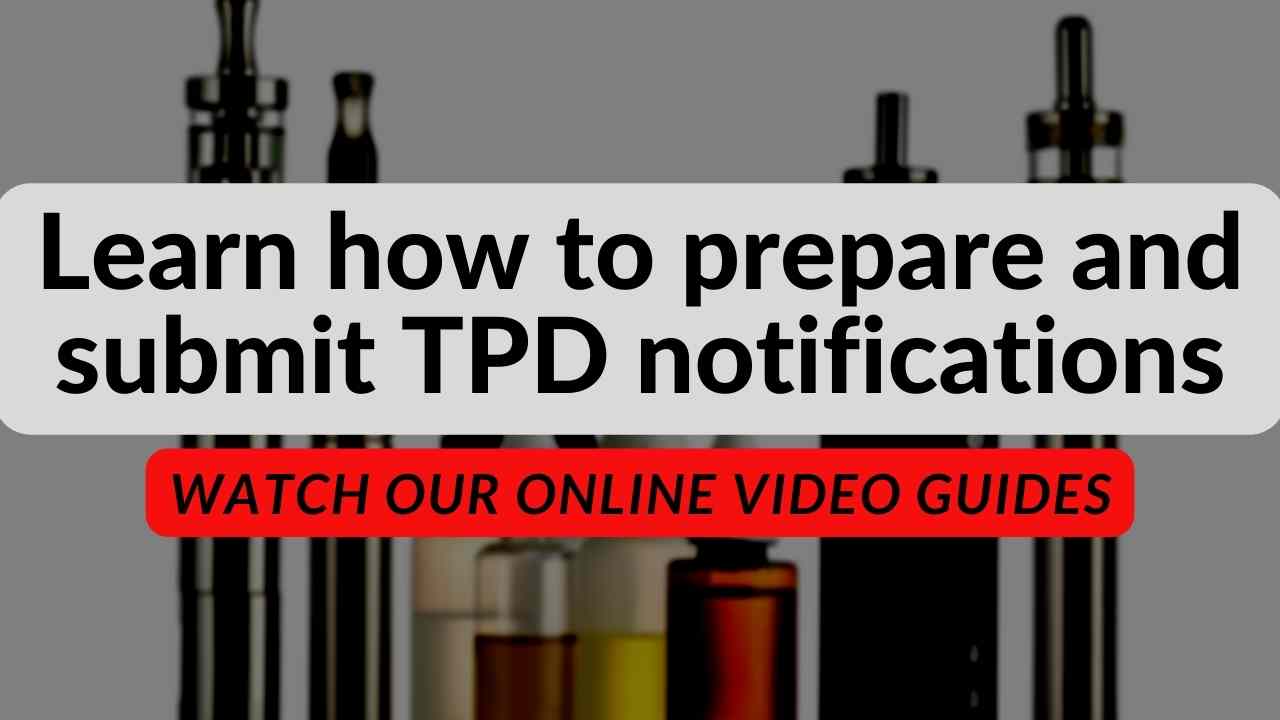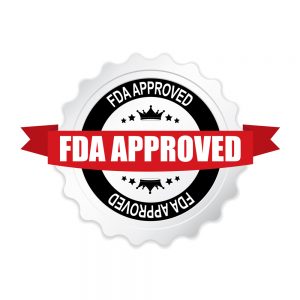PMTA Testing
What is PMTA testing?
In preparation for a PMTA, e-liquid and e-cigarette manufacturers will require PMTA testing. But what does PMTA testing involve?
Background
In the US, Section 910 of the Federal Food, Drug and Cosmetic Act applies to the sale and manufacture of e-cigarette products – it is the US version of the TPD. Published in May 2016, it came into effect on August 8, 2016.
E-liquids and e-cigarettes are now categorized as ‘new tobacco products’ and are regulated by the FDA. The new rules mean that product information must be submitted for review by the FDA prior to marketing.
Under Section 10, there are new regulatory pathways to market. The route most likely to be used by applicants is the Premarket Tobacco Product Application (‘PMTA’).
Preparing a PMTA
Preparing a PMTA involves gathering information about the product – including manufacturing process, formulation, toxicology, PMTA test results – and compiling all data in a PMTA dossier according to a pre-defined structure. The PMTA dossier should demonstrate that the product to be marketed ‘is appropriate for the protection of the public health’ among other things (more guidance can be found here). The dossier is submitted to the FDA for review.
Grow your business in Europe with our EU vape regulation course. Watch a preview here.

FDA Assessment
The FDA shall review the submitted information and if they agree – that the marketing of the product is indeed ‘appropriate for the protection of public health.’ – then a marketing order is granted and the applicant can proceed to product launch.

PMTA Testing: Which tests to conduct?
PMTA testing involves a number of different types of tests, including:
Emissions test
Whether the candidate product is a device or e-liquid an emissions test is required. The identity and quantity of the emitted chemical or metal is reported in the PMTA dossier. The test method should also be described in enough detail for the FDA to be able to replicate the test, if necessary.
The PMTA test is expected to be similar to the TPD test.
E-liquid analysis
There are a number of tests that fall into this category:
- Purity Tests: Tests are required to ensure the raw materials such as PG/VG have acceptable levels of impurities such as diethylene glycol.
- Shelf life testing: The shelf life reported on the e-liquid bottle should be supported by a stability test. This involves analyzing the e-liquid at certain time points over a defined period of time and assessing the results.
- Routine Testing: As part of the manufacturing requirements, levels of nicotine may need to be checked at routine intervals to ensure the concentration is consistent – batch to batch.
Other Tests
Child-resistance
An applicant may be requested to provide supporting evidence that the packaging/product is indeed child-resistant (contact us for more information).
How can we help?
Given the similarities in the requirements, our knowledge and experience in preparing medicine registration dossiers allows us to help applicants arrange PMTA testing and compile a PMTA dossier for submission. Contact us today to begin your PMTA testing and learn more about how we can help.
About Medic Pro
What We Do
We are a London-based regulatory affairs consultancy providing services to the e-cigarette, cosmetic, biocide, pharmaceutical and medical device industry. We help e-cigarette companies comply with the Tobacco Products Directive and pharmaceutical companies obtain and maintain medical product licences. We also offer UKAS accredited biocide and analytical testing services.
